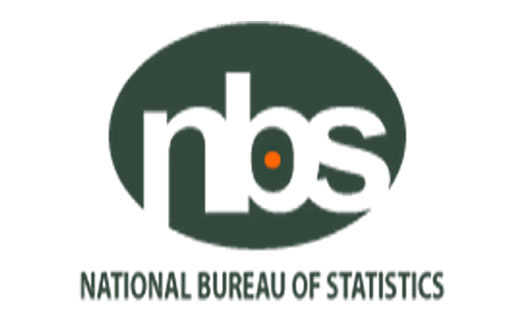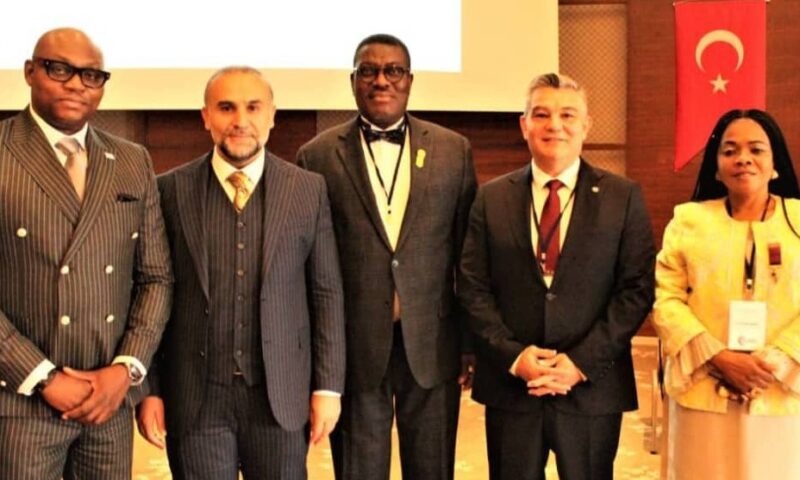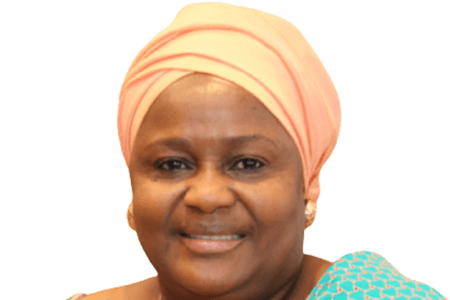Nigeria’s GDP growth slows to 2.25% in Q3’ 22 – NBS
By Favour Nnabugwu
Nigeria’s Gross Domestic Product, GDP, dropped by 1.78 percent to 2.25 percent in the third quarter of 2022 (Q3’22) from 3.54 percent in recorded Q2’22.
The National Bureau of Statistics, NBS, made this known in its Nigerian GDP report for Q3’22
NBS cited the base effects of the recession and the challenging economic conditions that have impeded productive activities as cause for the reduction in growth.
According to NBS, “Real growth of the oil sector also fell by 10.91 basis points to -22.67 percent QoQ in Q3’22 from -11.77 percent in Q2’22”
This trend reflected in the sector’s contribution to GDP which fell by 0.67 percentage point to 5.66 percent in Q3’22 from 6.33 percent in Q2’22.
Similarly, growth in the oil sector decreased by 0.50 percentage points to 4.27 percent from 3.7 percent in Q3’22.
NBS said: “Nigeria’s GDP grew by 2.25 percent (year-on-year) in real terms in the third quarter of 2022. This growth rate declined from 4.03 percent in the third quarter of 2021.
“The reduction in growth is attributable to the base effects of the recession and the challenging economic conditions that have impeded productive activities
The Q3’22 growth rate decreased by 1.78 percent points from the 4.03 percent growth rate recorded in Q3’21 and decreased by 1.29 percent points relative to 3.54 percent in Q2’22.
However, QoQ, real GDP grew at 9.68 percent in Q3’22, reflecting a higher economic activity in Q3’22 than the preceding quarter.
“For better clarity, the Nigerian economy has been classified broadly into the oil and non-oil sectors.
“The nation in the third quarter of 2022 recorded an average daily oil production of 1.20 million barrels per day (mbpd), lower than the daily average production of 1.57mbpd recorded in the same quarter of 2021 by 0.37mbpd and lower than the second quarter of 2022 production volume of 1.43 mbpd by 0.24mbpd. (Figure 2).
“The real growth of the oil sector was –22.67 percent (year-on-year) in Q3 2022 indicating a decrease of 11.94 percent points relative to the rate recorded in the corresponding quarter of 2021. Growth also decreased by 10.91 percent points when compared to Q2’22 which was –11.77 percent. Quarter-on-Quarter, the oil sector recorded a growth rate of -1.80 percent in Q3 2022.
The Oil sector contributed 5.66% to the total real GDP in Q3 2022, down from the figures recorded in the corresponding period of 2021 and the preceding quarter, where it contributed 7.49 percent and 6.33 percent respectively.
“The non-oil sector grew by 4.27 percent in real terms during the reference quarter (Q3’22). This rate was lower by 1.18 percent points compared to the rate recorded in the same quarter of 2021 and 0.50 percent points lower than the second quarter of 2022.
“This sector was driven in Q3’22 mainly by Information and Communication (Telecommunication); Trade; Transportation (Road Transport); Financial and Insurance (Financial Institutions); Agriculture (Crop Production) and Real Estate, accounting for positive GDP growth.
In real terms, the non-Oil sector contributed 94.34 percent to the nation’s GDP in the third quarter of 2022, higher than the share recorded in the third quarter of 2021 which was 92.51 percent and higher than Q2’22 recorded as 93.67 percent.”






